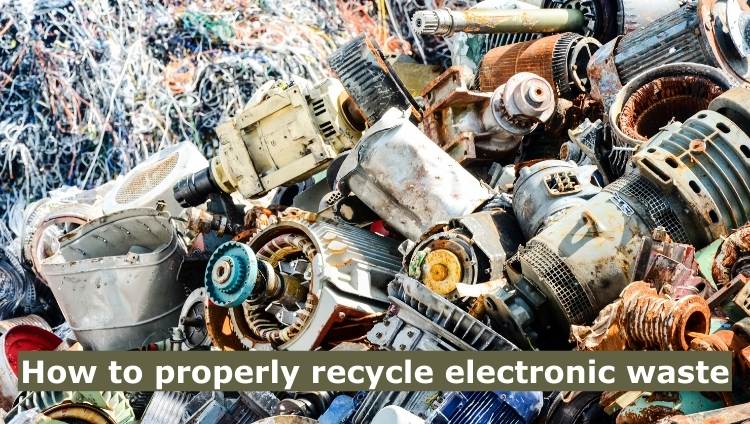Electronic waste, or e-waste, is a growing concern in our modern society. With the rapid advancement of technology and the constant need to upgrade electronic devices, we are faced with the challenge of properly disposing of old and unwanted electronics.
Improperly disposing of electronic waste can lead to significant environmental and health risks.
In this article, we will explore How to properly recycle electronic waste and provide you with practical tips on how to recycle your electronic waste responsibly.
Growing Concern of E-Waste
The issue of electronic waste, or e-waste, is becoming a growing concern. With rapid technological advancements and the rising demand for electronic devices, the accumulation of e-waste presents significant environmental and health challenges.
Improper disposal and poor management of electronic products contribute to pollution, resource depletion, and exposure to hazardous substances. To combat this, it is essential for individuals, businesses, and governments to adopt and promote responsible e-waste management practices.
By implementing effective recycling programs, raising awareness, and encouraging sustainable consumption and disposal, we can reduce the harmful impacts of e-waste and help create a cleaner, more sustainable future.
You can read about the importance of waste management here.
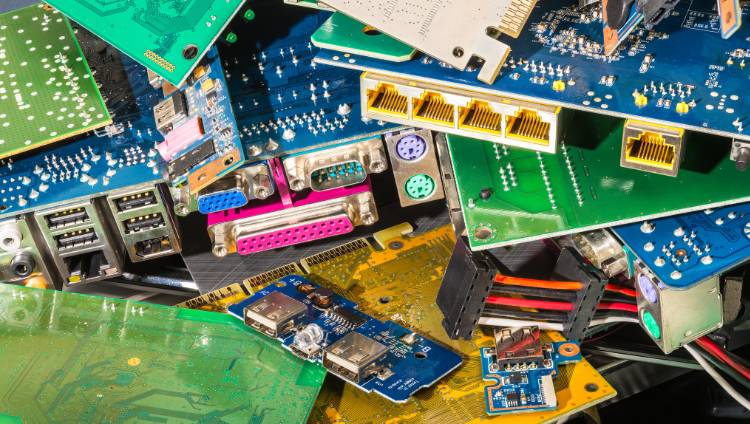
How to Prepare Your Electronics for Recycling?
In today’s fast-paced digital world, electronic devices have become an integral part of our everyday lives.
However, as technology evolves, the lifespan of our cherished gadgets diminishes, resulting in an increase in electronic waste.
To tackle this challenge, it’s vital to recycle electronics responsibly. By preparing your devices for recycling correctly, you not only guarantee the safe disposal of potentially harmful materials but also enhance the chances of recovering valuable resources.
Read the relevant topic “What does Waste Management do with Recycling” about this paragraph.
Assess Functionality and Repurpose
Before recycling your electronics, think about whether they can be reused or donated.
Functional devices might benefit others. Reach out to local charities, schools, or community centers that may accept electronic donations.
By prolonging the use of your gadgets, you contribute to a circular economy and help minimize waste.
You can read more about waste reduction strategies here.
Data Back-Up and Privacy
Protect your personal information by backing up any important data on your devices. Transfer files to an external hard drive, a cloud storage service, or another secure device.
Next, perform a thorough data wipe or factory reset to ensure that all personal data is erased.
Check the manufacturer’s guidelines or seek assistance to ensure a complete and secure data wipe.
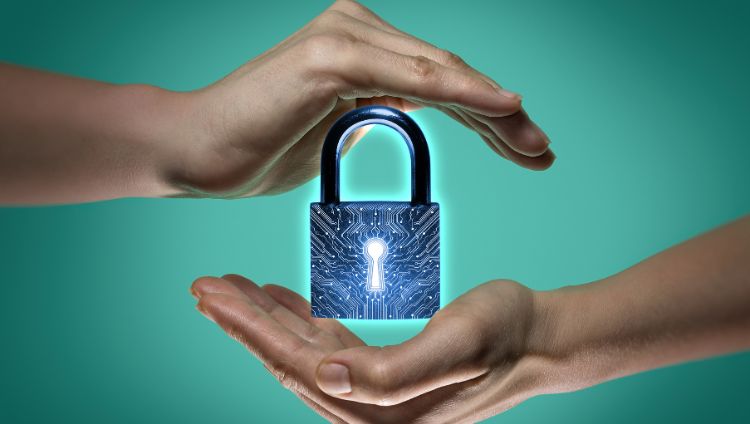
Battery Removal and Disposal
Many electronic devices have batteries that need to be handled with care. Make sure to remove any batteries that can be easily taken out.
Look into local recycling programs or designated drop-off points that specialize in battery recycling.
By separating the batteries from your devices, you help ensure a safer recycling process and minimize potential environmental risks.
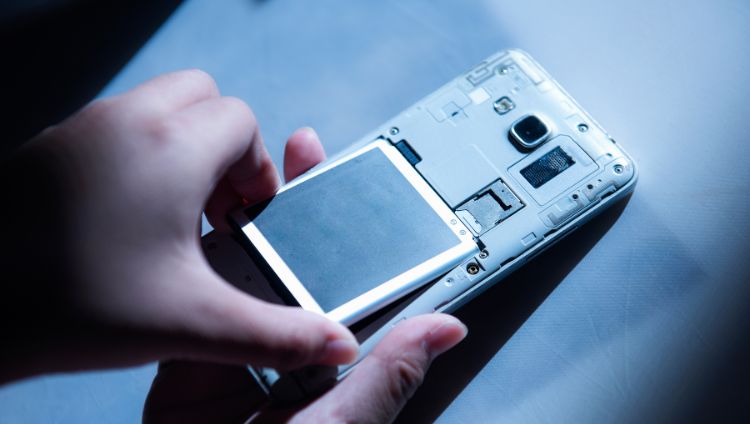
Accessory Separation
Detach any cables, chargers, or accessories that are not essential to the device itself. These items can often be recycled separately.
Check with your local recycling facilities or electronic retailers for specific recycling programs or drop-off points for accessories.
By recycling accessories separately, you ensure they are appropriately processed, promoting resource recovery.
Clean and Organize
Give your electronics a thorough cleaning before recycling them. Wipe away dust and debris using appropriate cleaning materials.
Organize your devices and their corresponding accessories for easy identification during the recycling process. Clean and well-organized electronics facilitate efficient recycling procedures.
Research Recycling Options
Investigate different options for recycling electronics by looking into reputable recycling programs or specialized centers designed for electronic waste management.
Find accredited e-waste recyclers committed to using environmentally friendly practices.
Many electronics manufacturers have their own recycling initiatives for the products they create.
Prioritize selecting a recycling program or facility that focuses on sustainability and ensures that e-waste is not exported to developing countries.
Finding a Reliable E-Waste Recycling Center
When you need to recycle your electronics, it’s vital to find a trustworthy e-waste recycling center. Seek out facilities that hold relevant certifications and have a proven commitment to following the best recycling methods. These facilities have the knowledge and tools required to dismantle your devices securely.
They can retrieve valuable materials and ensure the safe disposal of any harmful substances in an eco-friendly way.
Visit How to Select a Reliable and Eco-Friendly Dumpster Rental Company to find the right facility for your needs.
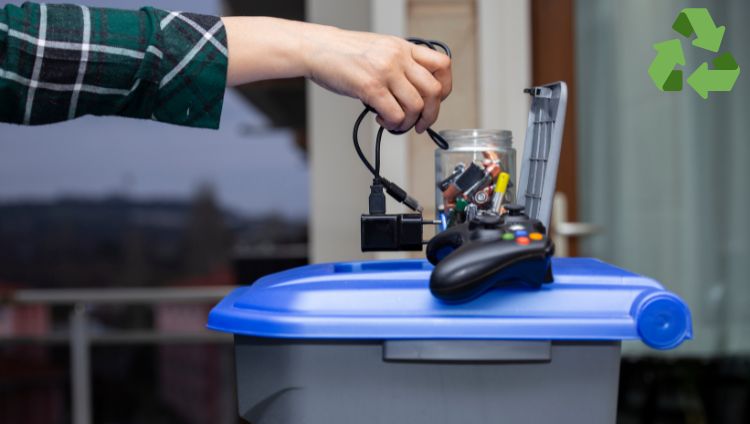
Donating Electronics to Non-Profit Organizations
You can also choose to give your old electronics a new life by donating them to non-profit groups.
Lots of organizations happily take in functional gadgets and fix them up for people who could really use them.
When you donate your devices, you’re not just helping to cut down on electronic waste, you’re also making sure that folks in underserved areas can get their hands on much-needed technology.
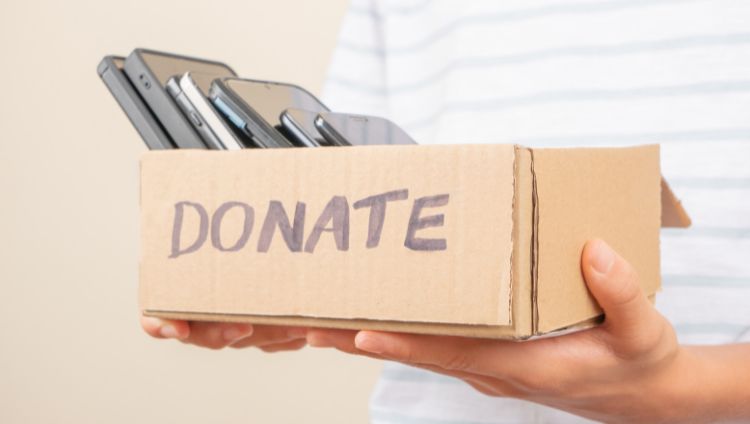
Disposing of Electronics Safely
When you have electronics that can no longer be used or repaired, it’s essential to dispose of them correctly.
Contact your local waste management authorities or recycling centers to learn about electronic waste disposal programs in your area.
They can guide you on how to dispose of your electronics in an environmentally responsible manner.
FAQs about How to properly recycle electronic waste
Why is it important to recycle electronic waste properly?
Properly recycling electronic waste is essential for several reasons. It helps prevent hazardous materials, such as lead, mercury, and cadmium, from polluting the environment.
Recycling also conserves valuable resources, reduces landfill waste, and promotes the responsible management of electronic devices.
Can I recycle electronic accessories and cables?
Yes, many recycling facilities accept electronic accessories and cables. Separate them from the main devices and inquire with the recycling facility or local recycling programs about their specific guidelines for recycling these items.
What happens to electronic waste after it is recycled?
After e-waste is properly recycled, the devices undergo various processes. These may include sorting, dismantling, shredding, and separating of different materials.
Valuable components and metals are extracted for reuse, while hazardous materials are disposed of or treated in an environmentally responsible manner.
Conclusion:
In conclusion, understanding how to properly recycle electronic waste is crucial for environmental preservation and responsible waste management.
By following the necessary steps, we can ensure the efficient and sustainable disposal of electronic devices.
Key aspects to consider include locating reputable e-waste recycling facilities, securely backing up and wiping data, removing batteries, and separating accessories.
Through proper recycling, we prevent hazardous materials from harming the environment, conserve valuable resources, and promote a circular economy.
By prioritizing the proper recycling of electronic waste, we contribute to a cleaner, greener future and make a positive impact on our planet.
Let’s embrace responsible e-waste recycling practices for the benefit of current and future generations.
To learn more about effective waste management strategies and about us of our company to visit Arcann’s waste blog.


